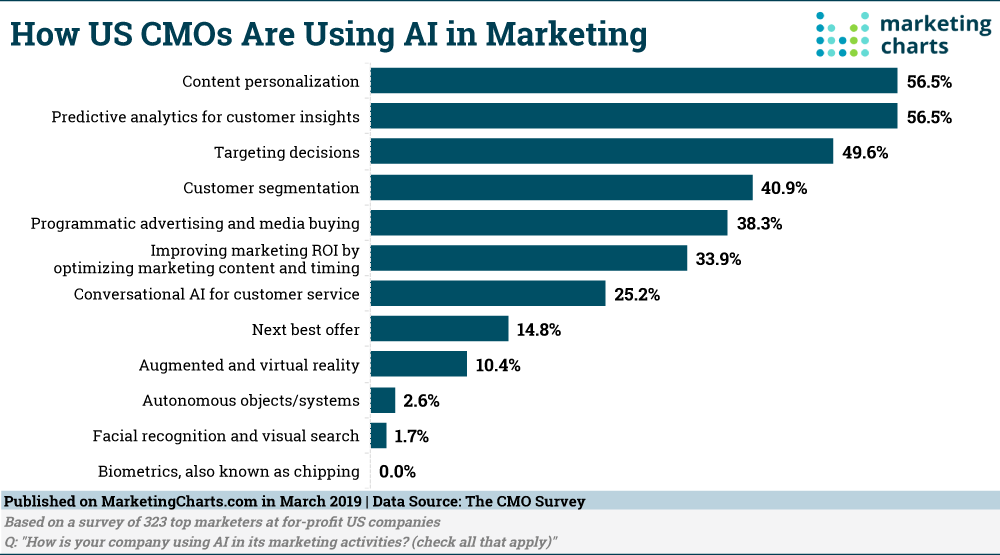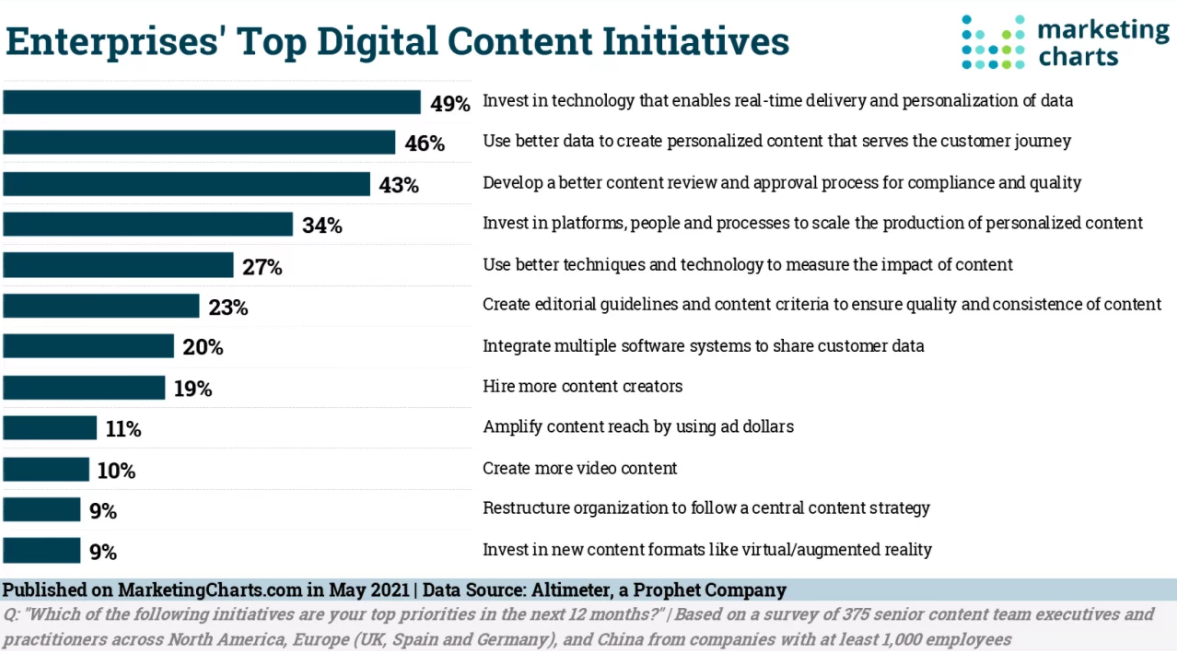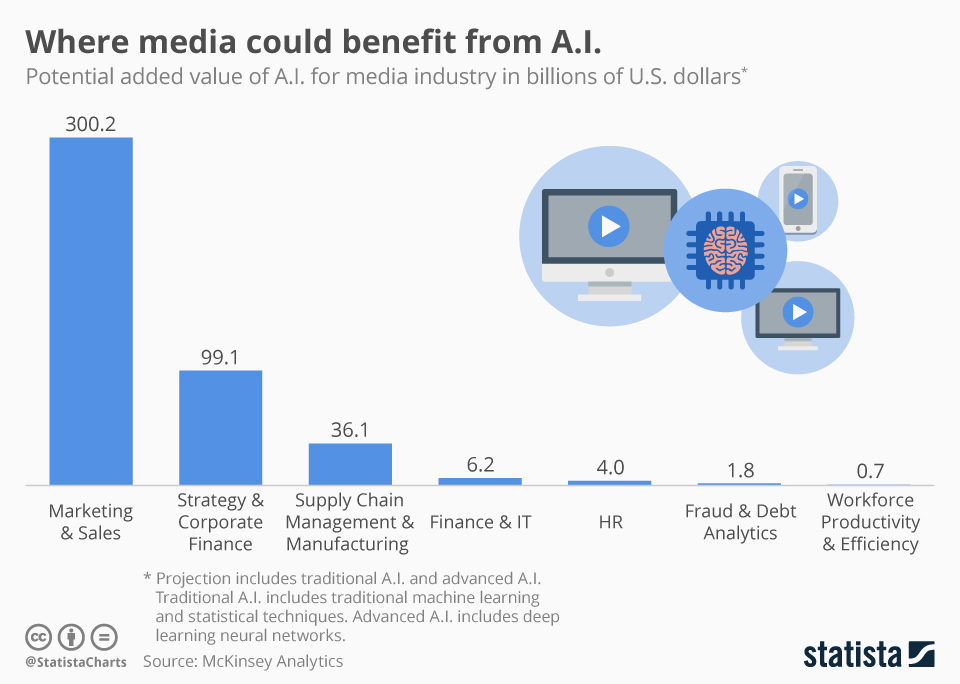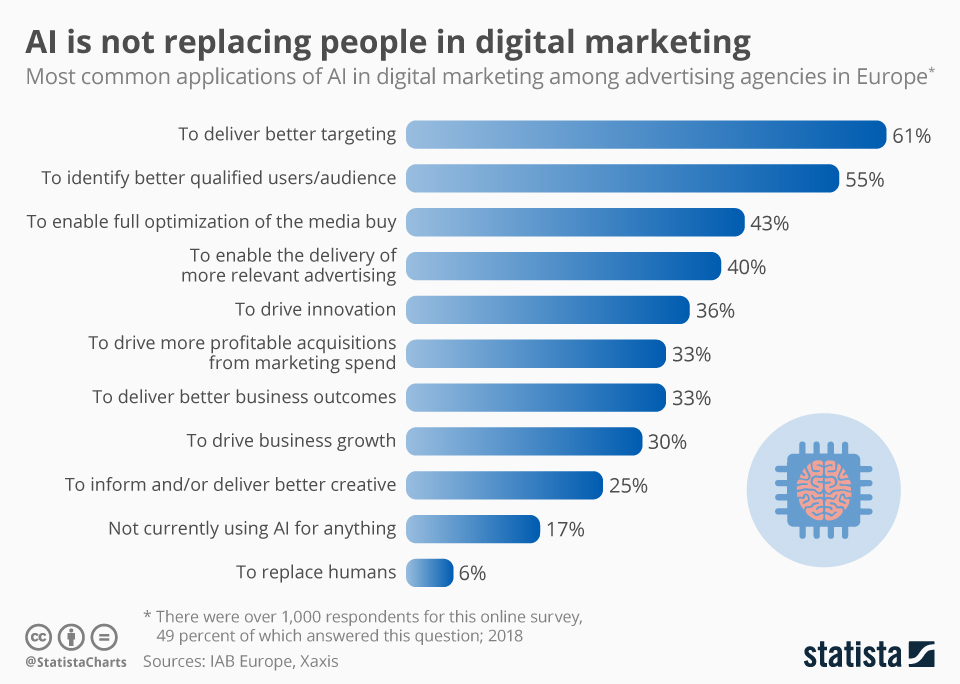Anyone who has managed a large volume of content can attest to the fact that this task is both difficult and time consuming.
Consider the case of managing a database for images, such as a site that sells stock photos.
What if your website has 1000 uploads every day? How can you make sure users follow the rules and that images are correctly tagged?
It would cost a lot of money, take a long time and be unsustainable to employ hundreds of people just to check each upload.
AI is able to categorize and identify photos, helping you save time.
It’s just a matter of getting your images to the right audience.

AI-CMSs can automate tasks from any location, allowing them to create content faster.
Artificial intelligence has a number of other ways to elevate content management systems.
Content analysis:
AI’s ability to understand vast data warehouses is one of its greatest strengths.
Content teams constantly try to assess if the content they create is suitable for their audience. They want engaging, high-quality content.
AI has already been able to analyze and identify content’s general tone and mood and determine its suitability for its intended audience.
Natural Language Processing is used by current AI software for sentiment analysis and text classification.
This is crucial to quality assurance. Manual QA testers can only accomplish so much. AI eliminates the chance of error, can complete tasks that are resource intensive, and is repeatable.

Image tagging, categorization and automatic tagging
The 21st-century content is reliant on images.
Websites without images are rare. Images not only enhance written content, they also increase engagement. Many e-commerce sites and stock photo websites make money from the images that they host.
To find these images, however, the photos must be properly tagged. Keywords are crucial to the success of images in being found.
Image tagging, while important for SEO and search engine optimization (SEO), is also a long and tedious process.
AI can help. Recent advances in image recognition software have made it possible to tag images and analyze them in just seconds. They can also be used for metadata keyword enhancement. Now is the time to get content teams ahead of the game and work toward RPA maturity.
Marketing, personalization and predictions
Each marketing department is looking for ways to provide personalized content to their customers.
AI can be crucial in this area as well. AI algorithms track patterns and behaviors of individual users, while a human only has the ability to analyze data that is generalized.
AI is able to monitor what users are doing and anticipate future expectations and needs. CMSs can’t provide this content on their own but can be combined with AI-based solutions to do so.
It allows the marketing department to produce dynamic content and make real-time, personalized suggestions, as well as individual offers.

Support and Acceleration for Content Creation
The recent attempts at having AI create articles has shown that, for the time being, creativity remains in human hands. Although it is able to speed up content creation by automating tasks that take hours of work, AI can also help with the tedious and repetitive tasks.
AI can already help with content translation and transcription.
AI is best at two things: searching and processing data. AI excels in the content creation process, where most of it involves topic research and editing.

AI is the future of content management
Instant SEO tips
Imagine if your CMS was able to analyze and improve the SEO of content in real-time. AI tools can analyze the content of competitors to see if they have made any improvements.
Soon, having an AI on hand to assist you in writing effective content which ranks on the front page and performs better than competitors will be a possibility.
Content gap identification
There are gaps in the content creation despite the Internet’s vastness. Look at the comments section of any website and you will see a continuous stream with content suggestions, questions to be answered.
Future AI solutions will be able to analyse existing content, highlight any gaps and suggest new ways to interact with the target audience in order to boost traffic.
Advanced Analytics
CMS will continue to improve their analytics, which allows them map out every step of the customer journey.
Understanding what customers want and personalizing the experience will be easier with rich customer data. This will increase customer conversion rates.
Custom Made AI
CMS has to be customized for each company. It is only logical that businesses would require a CMS specifically tailored for them. One way to customize a CMS is with AI-based tools that are specifically trained for the B2B template.
AI – the new era of automation?
AI can make workers feel threatened when it takes on their responsibilities.
AI is currently used to automate routine tasks, such as compiling information or checking grammar. AI is primarily used to assist workers, much like a calculator can save us 20 minutes of scrawling.
What if AI replaces people in the future?
Answer: No. AI is not meant to replace humans, but rather as a tool that can assist them. It’s there to take away repetitive, time-consuming tasks, leaving creatives time to do what they love – creating content, rather than managing it.

AI will be the future for content management, and so much more.
Your workers should focus on the customer. AI will automate tasks like proofreading, or poring over analytics. This leads to happier customers.
AI has many capabilities when it comes to managing content. It can monitor behaviors, help with content creation and customization, and even distribute the content in different ways. AI-CMS systems can increase the efficiency and effectiveness of business processes. They save time, money and reduce human errors. Smart content analysis, image tags, and categorization frees up workers to focus on challenging and creative tasks.
AI can only process the data as it grows. It is therefore a valuable tool for enhancing CMS and accelerating digital transformation.
AI-CMS has become a must have investment. The businesses that embrace and latch on to the Artificial Intelligence will be the ones who lead and ensure their future success.